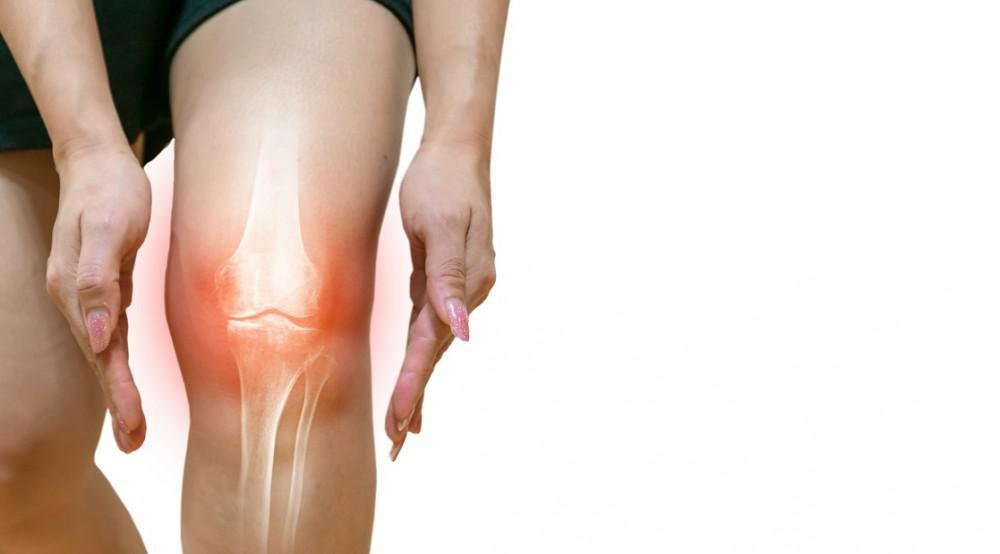Fieldguide: How to be a successful cyclist with Remedial Massage
Australia is an incredible place for cycling!
We have long summers, the winters aren’t on the extreme end of cold, and we’re usually lucky to avoid days where it rains non-stop.
But this means our seasons are long, and we don’t always give ourselves an off-season so it’s easy to forget about putting the hours into the self-care that we need to.
How often do you get home from a huge Sunday hills ride or a full gas Saturday group ride and immediately put the legs up and watch TV for the afternoon?
Monday morning comes around with increased fatigue, a sore back, or a bit of tension in the legs?
Image: ilovebicycling. Link here
Whether the approach of Autumn means you’re planning to spend much more time on the wind trainer or that you’ll be following the exact same plan as Summer equipped with a rain cape, a gilet in your back pocket and shoe covers on, recovery is still arguably the most important thing when it comes to cycling performance.
If your goal is to top Perth’s Element Road Series, win the CX Numbat Cup, or to build form for bigger milestones like the Tour of Margaret River, or 2019 Road Nats, here’s how you can make the most of Remedial Massage and health insurance to help you reach your goals effectively.
Image: Jordan winning the Tour of Margaret River 2017. Photo by Daniela Tommasi. Link here
If you’re not structuring your training and including rest weeks into the structure, then you probably should.
Most ideal training plans include a rest week every 4 weeks of training.
This doesn’t necessarily mean you take a whole week off the bike, it just means you ride 2-5 times in the week but don’t kill yourself doing it.
I’ve struggled with taking rest weeks in the past.
When I first started training to a set plan, I would start to feel really good by Wednesday of the third week, and on Sunday I was flying. I often wanted to backup all this great training and continue to build, but that’s when we run the risk of crossing the fine line between fitness and fatigue -
'over-training'
And then you end up on a week where your legs feel heavy, you can’t get your heart rate up, and you just can’t seem to hit the same power that you could last week.
Everyone reacts differently to a rest day or rest week.
Whether you’re like the pros on grand tour who take a gentle spin down to the cafe, or have to do small efforts through the recovery rides, learning how your body feels after a rest week is important.
But why not treat yourself like a pro and get a massage as part of your rest week?
After all, they have a massage at the end of every stage of a race, and often during training weeks!
Before you know it, you’re showing up at work on a Monday feeling refreshed, your back pain isn’t distracting you from work, and you’ve got a rest week to look forward to every 4 weeks!
Image: FitDads Link here
Most health insurance providers will cover remedial massage from 5 to 10 or more treatments in a calendar year based on your cover.
So if you’re paying for it, why not use it?
At Fieldwork, we have a team of specialists who can help you with:
- Acute aches and pains,
- Recovery and maintenance,
- Strength and conditioning programs, and
- Nutrition plans
If you’re taking a rest week every 4 weeks with a month off the bike twice a year, my calculator tells me that you’re set up to have a rebate paid to you for most of the treatments you’ll receive in a year!
Deep tissue massage can often leave muscles feeling a bit fatigued for a day or two after a treatment, so it’s best to plan a massage before or during a rest week where you’re not going to be asking too much from your legs.
It allows us to address specific issues like the three weeks of built up tension in your hip flexors from being in a super aero position for as much time as you can, or those super tight quads that seem normal after three weeks that include low cadence drills once a week.
There’s always opportunity to have more treatment for acute pains that come up from time to time, and taking advantage of Fieldwork’s team of Physiotherapists means you can use Physiotherapy cover as well as Remedial Massage cover -
Double the savings!
You wouldn’t want to race your Cervelo R5 with heavy alloy training wheels if you’ve spent the money on a pair of Enve tubs, so why show up to your next race without spending the right money on taking care of your biggest asset to the sport - your body?
Recent Blog Articles














